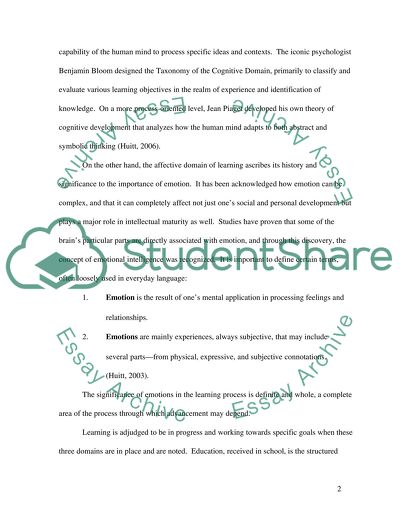Cite this document
(“The Sucess of Multiple Intelligences Term Paper Example | Topics and Well Written Essays - 750 words”, n.d.)
The Sucess of Multiple Intelligences Term Paper Example | Topics and Well Written Essays - 750 words. Retrieved from https://studentshare.org/psychology/1503243-psychology-of-learning-essay
The Sucess of Multiple Intelligences Term Paper Example | Topics and Well Written Essays - 750 words. Retrieved from https://studentshare.org/psychology/1503243-psychology-of-learning-essay
(The Sucess of Multiple Intelligences Term Paper Example | Topics and Well Written Essays - 750 Words)
The Sucess of Multiple Intelligences Term Paper Example | Topics and Well Written Essays - 750 Words. https://studentshare.org/psychology/1503243-psychology-of-learning-essay.
The Sucess of Multiple Intelligences Term Paper Example | Topics and Well Written Essays - 750 Words. https://studentshare.org/psychology/1503243-psychology-of-learning-essay.
“The Sucess of Multiple Intelligences Term Paper Example | Topics and Well Written Essays - 750 Words”, n.d. https://studentshare.org/psychology/1503243-psychology-of-learning-essay.


